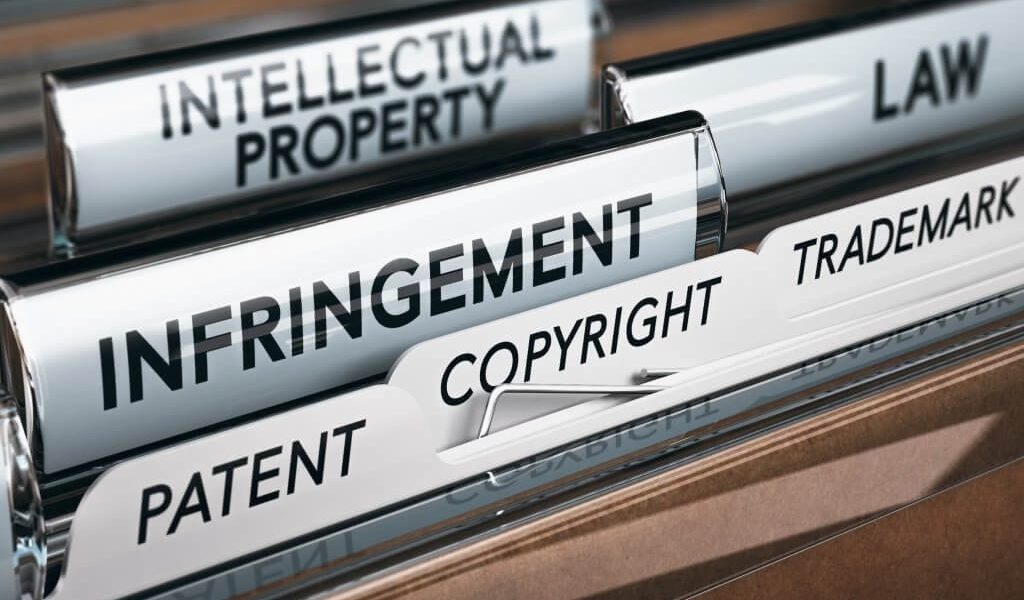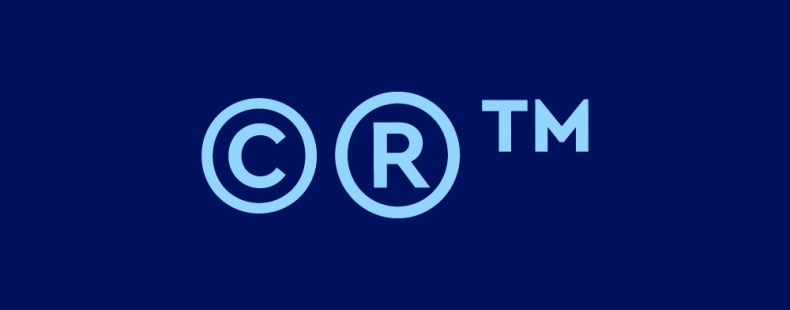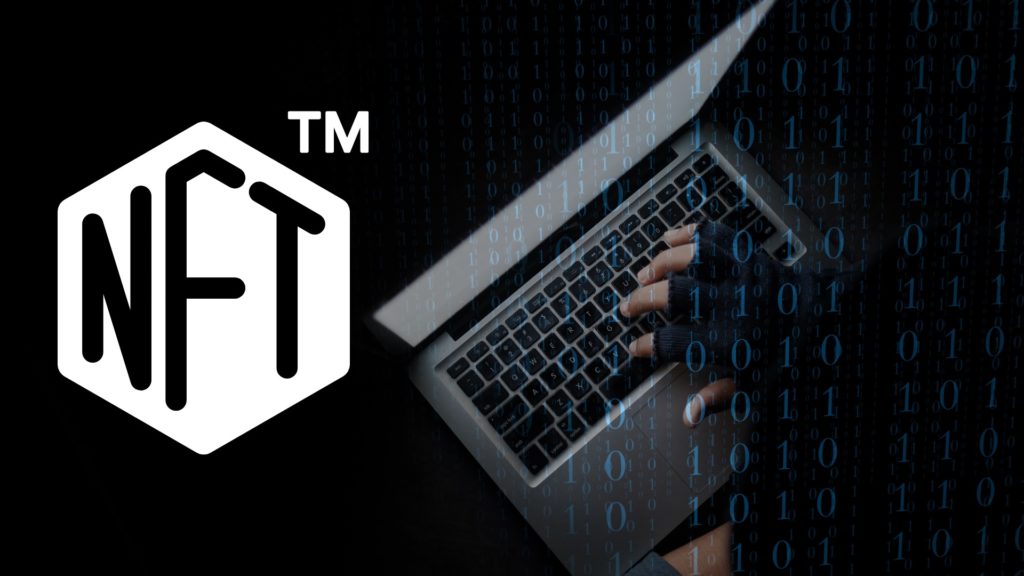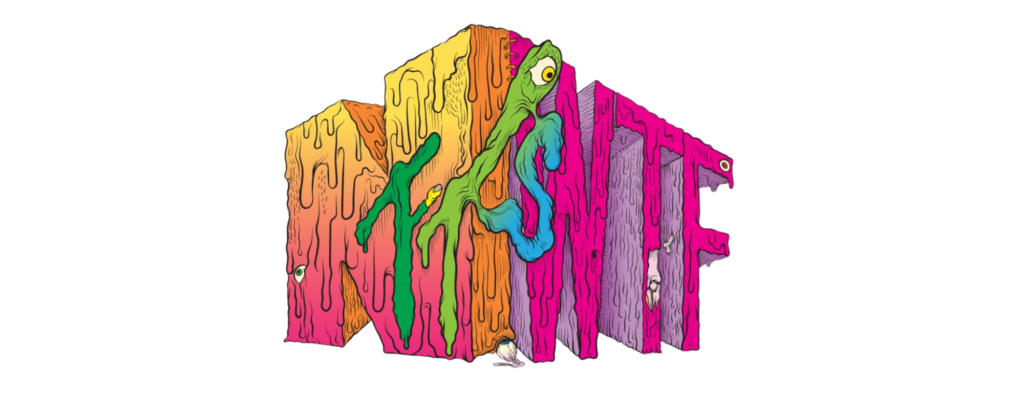Artists have found a great deal of value in promoting their work on NFT markets, owing to the ease of receiving royalties generated through their creations. That said, several intellectual property implications have come forth as NFTs have climbed in popularity. We’ll discuss a few of those implications here.
Transfer of IP Rights – A Common Misconception
If you’re familiar with NFTs, you are likely already aware of how IP rights are handled. However, for everyone else, a common misconception is that an NFT represents the copyright to its underlying asset, be it artwork, music, videography, etc.
However, this is generally not the case. While an NFT does grant some access to the minted work, it doesn’t necessarily translate into owning the full copyright (i.e. the right to reproduce, transform, or adapt it). As such, it would be more analogous to providing a link to the work rather than rights to the work itself.
Some licenses may be granted through an NFT, and it’s important to keep in mind what rights those licenses actually grant. For instance, rights may be given to display a piece of artwork but not copy or commercialize it.
When purchasing a copy of creative work through an NFT, it’s important to look at what licenses are granted under the purchase agreement. Likewise, sellers must be explicit about what rights are actually being granted when structuring smart contracts and NFT product descriptions.

Recent IP Issues Arising from NFTs
Some of the recent issues and questions arising from NFTs regarding intellectual property include the following:
Determining What Is Actually Being Sold
The first issue involves what is actually being sold when an NFT is purchased. As already stated, purchasing an NFT doesn’t necessarily translate into purchasing the copyright to that underlying asset. Buyers need to beware of what they’re actually purchasing. Likewise, sellers should be careful to stipulate what is being transferred when they sell an NFT for a piece of their physical work. The contract should be clearly worded and explicit regarding what is—and isn’t—being sold.
Counterfeit Issues
Where there is valuable artwork of any kind, there will inevitably be people trying to exploit it for their own financial gain. Counterfeit issues have cropped up in the NFT space, with counterfeiters trying to pass off their own NFTs as either original work or that of the artist. Disputes that arise between artists and counterfeiters can be drawn out, making it an often expensive issue to resolve.
Employing preventive measures such as watermarks can help prevent counterfeiting. Should it still occur, submitting a takedown request under the DMCA can allow some legal recourse when it comes to protecting one’s work.

Trademark Infringements
A circumstance where someone mints an NFT without authorization and markets it using the original owner’s registered trademarks could give rise to trademark infringement issues. For instance, counterfeit artwork might be sold by an unauthorized third party using branding similar to that of the original owner, leading to confusion in the market.
It is possible that using an artist’s marks to market something completely different could also constitute trademark infringement, but it remains to be seen how courts will rule on these particular cases within the context of NFTs.
There Is an Upside
The upside to all this is the fact that artists can have an easier time having their rights to royalties protected. The U.S. is notably poor when it comes to safeguarding artists’ rights to royalties. NFT platforms can ensure artists get paid for their own work without having to deal with the legal barriers posed by individual jurisdictions.
From a legal perspective, there are currently more questions than answers when it comes to how intellectual property rights will be handled on NFT platforms. The coming years will likely see more development in this area as court rulings set precedents for how existing policies will be applied.



